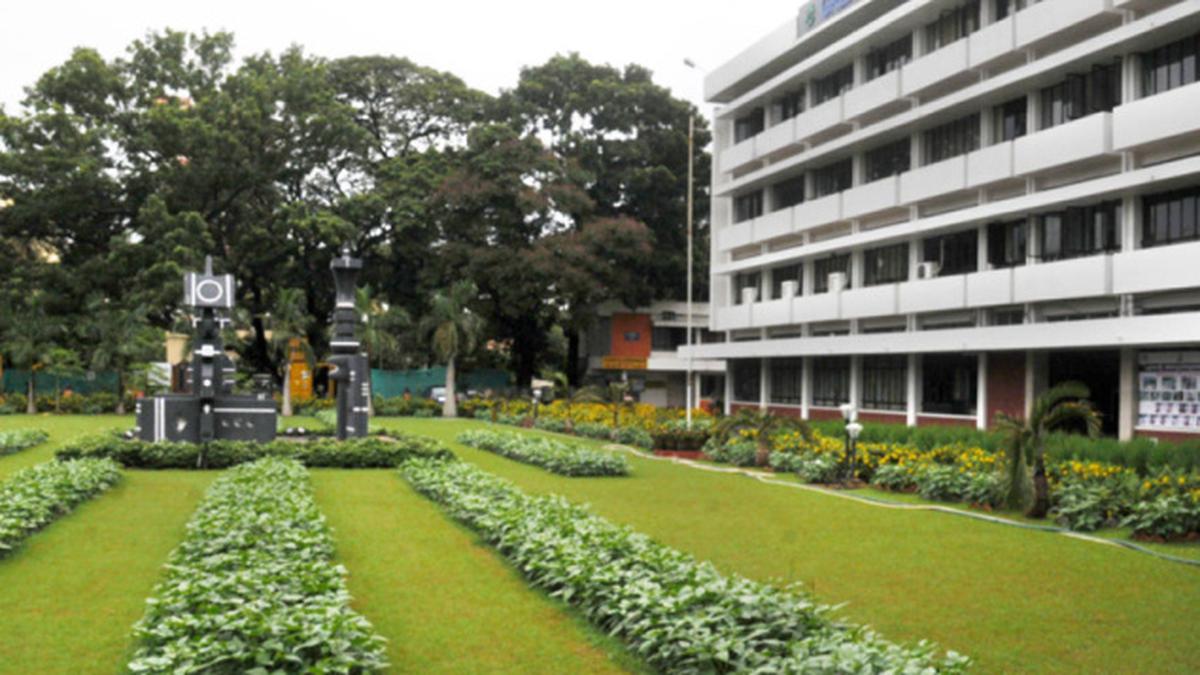The Chellanam-Kochi Janakeeya Vedhi has rejected the allocation of ₹1.25 crore to undertake temporary preventive measures along the battered coast of Chellanam, terming it as ‘too little, too late.’
Instead, the organisation sought permanent solutions like tetrapods, seawalls, or groyne series in the affected areas. The allocation from the Kerala State Disaster Management Fund was to deploy geobags. The decision was taken at a meeting chaired by District Collector N.S.K. Umesh to discuss sea erosion along the Chellanam coast.
“The fund allocated is adequate to cover a mere 916 metres, whereas the affected areas run into seven to eight kilometres. Had the fund been allocated a month ago, around ₹75 lakh would have been sufficient to cover the same area. Besides, geobags are not placed scientifically or on a single stretch, but selectively on the worst stretches. This will only lead to new stretches getting breached as and when sea erosion turns worse,” said V.T. Sebastian, general convener of the Vedhi.
He added that the coastal panchayat was fortunate to be somewhat spared since the onset of the monsoon and the new moon and full moon-induced tidal wave invasion, thanks to the oceanic current from north to south and the north-west wind direction, both of which were rare. That luck can run out if the oceanic current turns southwest, coupled with wind speeds of up to 60 km.
Signs of it became evident on Friday afternoon (June 13) when water gushed into areas like Puthanthod, Kannamaly, Companypady, Gas Road, Divine Chapel, Kattiparambu, and Kaithaveli. The compound wall of a gas agency at Cheriyakadavu collapsed under the force of the invading waves.
The situation is worse for a few households 300 metres north of Cheriyakadavu, where the stones used for seawalls have been swept right next to them, leaving no room even for a temporary solution of placing geobags. Instead, what can be done is to restore the stones to their original position, some eight to 10 metres to the east, using earthmovers.
Permanent solutions will only keep exhausting more and more funds every year. Placing geobags now for ₹1.25 crore this year may cost ₹1.50 crore or even ₹2 crore next year. Also, permanent solutions should be found before May 15 since there will be enough sand, and earthmovers can be deployed without the risk of being exposed to saline water, Mr. Sebastian said.
Published - June 13, 2025 08:18 pm IST



.png)
.png)
.png)
















 15 hours ago
5
15 hours ago
5









 English (US) ·
English (US) ·